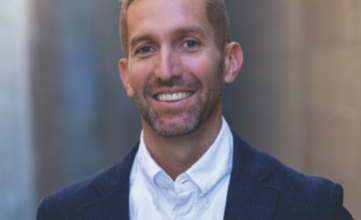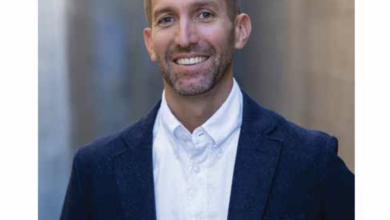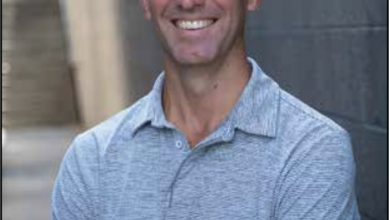Compound Trust
I got burned a couple of times this month. Once buying a cheap product online (tip: exercise caution buying phone cases online!) and once by a contractor with whom I had a fixed-price contract, but charged me for “extra charges” I didn’t know were going to be “extra.”
Both times I was frustrated that I didn’t guard myself better – telling myself that I should have known better than to trust people I’ve never done business with before.
But I don’t want to walk through life jaded and cynical. Sometimes, life is a bitter pill to swallow.
These experiences brought me to consider how it seems that a lot of people are playing the short game when it comes to trust. The mantra seems to be: Get yours, no matter the reputational or relationship cost.
The consulting firm PricewaterhouseCoopers (PwC) has estimated that a lack of trust costs companies $180 billion in lost revenue. In fact, given the current crisis of trust, PwC has carved out a business segment solely devoted to building trust in society and calls trust “the new currency of business.”
The entrepreneur and investor Naval Ravikant has memorably said that “All the returns in life, whether in wealth, relationships, or knowledge, come from compound interest.” He goes on to say “…essentially if you want to be successful, you have to work with other people. And you have to figure out who you can trust, and who you can trust over a long, long period of time, that you can just keep playing the game with them, so that compound interest, and high trust will make it easier to play the game, and will let you collect the major rewards, which are usually at the end of the cycle.”
This advice helped me.
Long-term thinking isn’t conventional – it takes effort to think beyond the here and now. And it’s no small task to figure out what we really want out of life, but once we do, it takes people and relationships to go where we want to go. Find the ones playing the long game.



